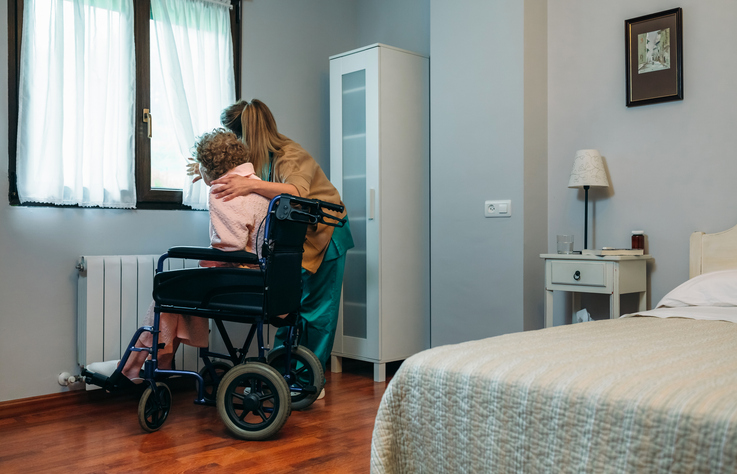Caregiving is a journey filled with ups and downs, a path that millions of Americans walk with dedication and love. A recent New York Times article featured the story of Bich Le, a 52-year-old healthcare executive, this journey involves regular trips from her home in Minneapolis to St. Augustine, Florida, where she cares for her 90-year-old father battling lung cancer, rotating caregiving with her four siblings. This role comes with significant sacrifices, including missing her daughter’s high school prom for the second consecutive year.
Caregiving is a demanding and often underappreciated role. The medications Le’s father takes can make him volatile, a challenge she faces with remarkable resilience. She reminds herself to stay calm and provide care without escalating the situation, although exhaustion sometimes makes this difficult. Her thoughts often reflect the need for appreciation, thinking, “A simple thank you would really go a long way.”
With an estimated 53 million Americans providing care to family members and friends, the emotional and psychological toll is significant. According to a 2017 AARP survey, 51% of caregivers reported feeling worried or stressed. Despite these challenges, 91% also felt pleased that they could help.
How can caregivers like Ms. Le maintain this positive outlook amid the inevitable stress and fatigue? William Haley, a professor of aging studies, suggests incorporating humor and seeking moments of joy. For Ms. Le, this means daily laughs with her siblings about the more absurd aspects of caregiving. “You kind of have to take it with some humor,” she says, “because otherwise I think you’d just be in the fetal position.”
While well-meaning advice often suggests indulgent self-care practices, these are not always practical for caregivers. Anne Tumlinson, founder of The Daughterhood, emphasizes that realistic self-care involves basic needs: sleep, hydration, and nutrition. Simple routines can be transformative, ensuring caregivers have the energy to continue their crucial work.
Given the lack of robust government support, caregivers often navigate this journey alone, managing not just health but also housing, finances, and complex family dynamics. Educating oneself about the loved one’s illness and seeking support from local agencies can alleviate some of the burdens. Resources like adult day care services and Meals on Wheels can provide much-needed assistance.
Connecting with support groups and therapists can offer emotional relief and practical advice. Care navigators, though sometimes costly, can help families plan and manage caregiving responsibilities, potentially covered by long-term care insurance.
For many caregivers, creating a personal support network is essential. Reliable friends and family members can provide critical assistance, even if it’s just someone to call at four in the morning. Ms. Le, for instance, relies on close friends to regain perspective during tough times. “Leaning on these people is really a survival tactic,” she says. Ms. Le is also fortunate in that she rotates out her time spent caregiving with four other siblings which is not an option available to many who are sole caregivers.
Maintaining connections to activities that matter can also provide solace. Dr. Allison Applebaum, a ballet dancer and caregiver, found peace by stretching on her father’s hospital bed bars. Identifying and scheduling time for personal interests, like a walk or a movie, helps retain a sense of self.
Caregiving can feel isolating, but technology offers ways to stay connected. Virtual check-ins via FaceTime or Zoom can provide caregivers a brief respite. There are caregivers who use social media to share their experiences. This author follows @mrsdsalnorcal and @dsalnorcal, a husband and wife who care for his father in their home and share their experiences on TikTok and YouTube. Reflecting on the positive aspects of caregiving can also help. Studies have shown that caregivers who focus on their gains experience fewer depressive symptoms.
While caregiving involves many challenges, finding moments of gratitude and connection can offer significant emotional support. Caregivers should learn to ask for help from siblings and other close family as well as from community supports. The balance between burden and reward is the key to sustaining the caregiving journey with dignity for all parties.






Add Your Voice
0 Comments
Join the Discussion